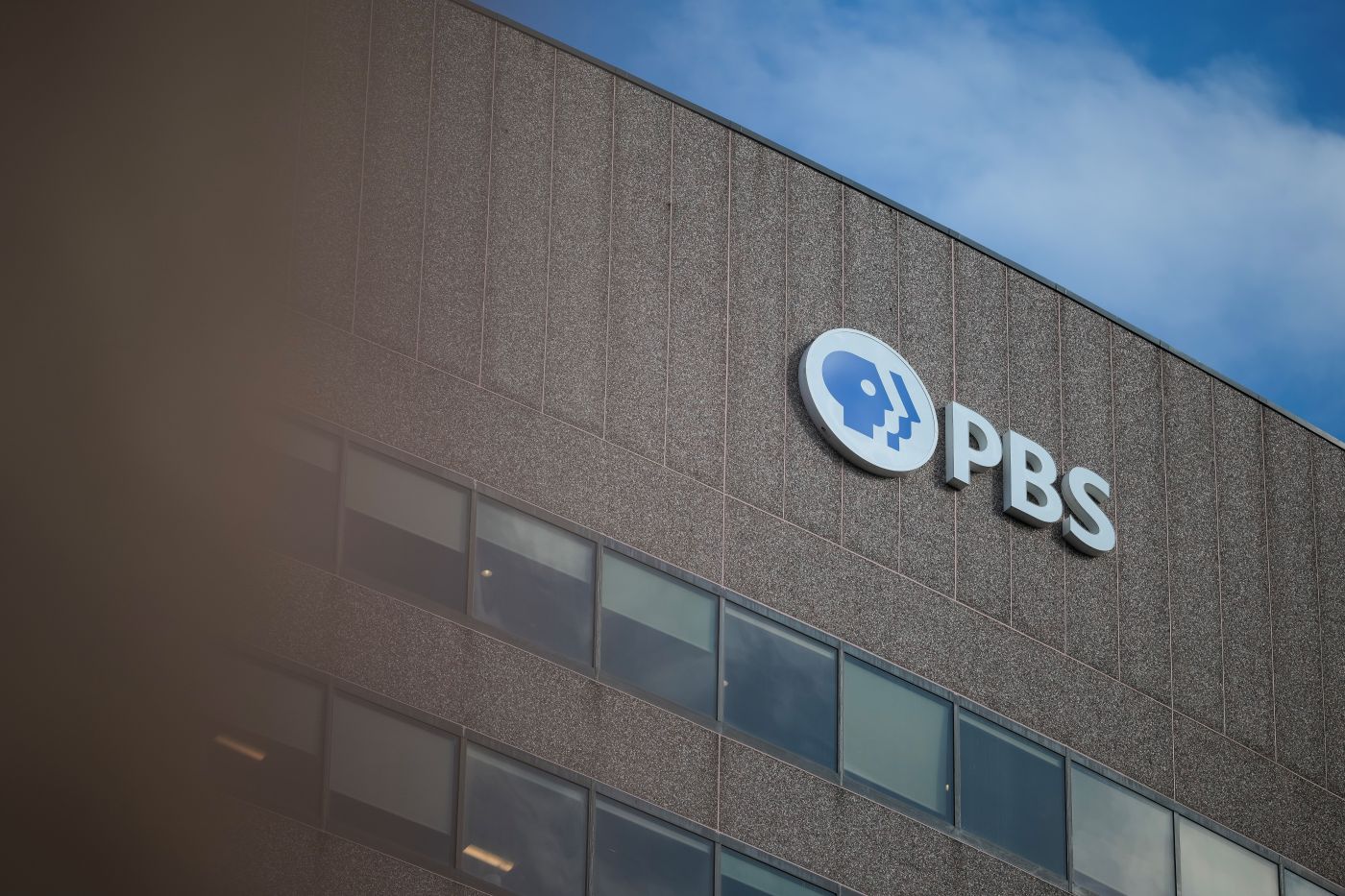
King: Public Broadcasting needs a shake-up
The animus that has led President Trump to order an end to federal funding of PBS and NPR isn’t new. Public broadcasting has been an irritant to conservatives for a long time.
Conservatives say public broadcasters are biased against them, especially PBS; they are a kind of ground zero for all things “woke”; and they don’t deserve one penny of public money.
My friend and colleague, Adam Clayton Powell III, who has worked in commercial and public television and was the first vice president of news at NPR in the 1980s, thinks that some of the old rigor about being even-handed may have “fallen away.”
What I think has happened — and conservative critics see this as bias — is that programming reflecting a humanitarian concern about minorities, about the left-out, and about those who are without, rose in volume. That has led to the impression of public broadcasting being left-of-center.
Full disclosure: Since 1997, I have produced and hosted “White House Chronicle,” a weekly news and public affairs show which airs on some PBS stations and is available to all PBS stations via the PBS satellite.
As an independent producer, I don’t receive funding from PBS.
I don’t think PBS and NPR need to be defunded, but they need to be taken by the lapels and shaken. They can be as tired as they are self-regarding.
I once asked an important PBS executive why there wasn’t more original, creative drama on PBS. The executive shot back, “It would cost too much money.”
PBS is dominated by the shows it buys from Britain. The best of PBS is British, either from the BBC or the commercial channels, which go under the rubric of ITV.
The most successful PBS show recently, “Downton Abbey,” came from ITV. PBS also seems to have an endless need to tell us all that is known about the history of the English royal families.
What is lacking at PBS is creativity.
It is time for public broadcasting to think beyond its self-imposed creative chastity. A fear of commercialism pervades PBS and NPR. It is written into their protocols.
Powell suggested on a current episode of “White House Chronicle,” which he co-hosts, that public broadcasters might look at what William Paley, who built CBS, did in its radio days before television.
Paley, noting that NBC had all the talent and all the income, went to top stars of the day, like Jack Benny, Bing Crosby and Red Skelton, and said he would let them control and produce their shows on CBS, and, at the end of the runs, they would own their material free and clear.
It changed the fortunes of CBS.
If PBS produced great entertainment programs, it could sell them worldwide, as the BBC does. Two documentary series, “Frontline” and “Nova,” produced by Boston’s WGBH, show that PBS can reach its high when it seeks to do so.
Great entertainment might not be enough income to solve all its problems, but at least it would open up a new revenue stream.
At the end of the day, what public broadcasting needs is to be known as a creative hub: the first place for new ideas, performers and writers.
Llewellyn King is the executive producer and host of “White House Chronicle” on PBS/InsideSources

